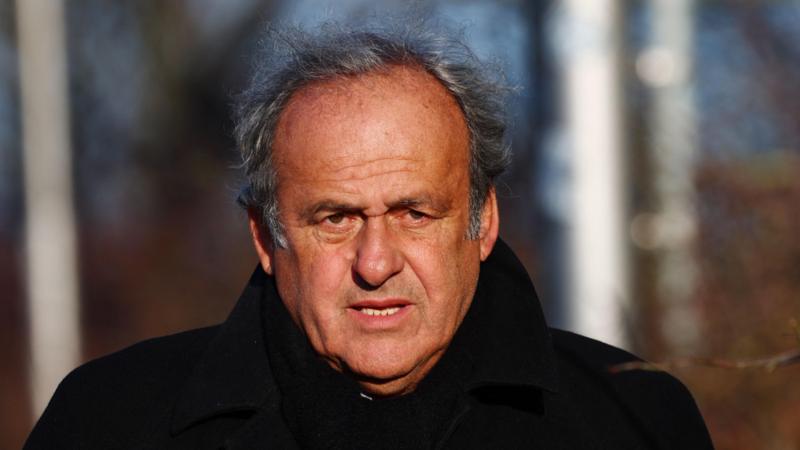Blatter, Platini Acquitted in High-Profile Corruption Case Closure




In a significant development in the world of international football, Michel Platini and Sepp Blatter, two of the sport's most high-profile figures, have been fully cleared of corruption charges. The case, which has been one of the most talked-about sagas in sports law, has finally drawn to a close, leaving many in the football community breathing a sigh of relief.
Michel Platini, the former UEFA president, and Sepp Blatter, the ex-FIFA boss, were key figures in the beautiful game's governing bodies. Their careers, however, took a turbulent turn in 2015 when they were both implicated in a scandal that threatened to tarnish their legacies in football. The accusations centered around a payment of 2 million Swiss francs that Platini received from FIFA in 2011, authorized by Blatter. The payment was allegedly for work Platini had completed almost a decade earlier, and this delay raised suspicions leading to a slew of charges including fraud, mismanagement, and forgery.
Both Platini and Blatter vehemently denied the allegations, stating that the payment was lawful and part of an oral agreement. This defense was crucial in the long battle that followed, stretching over several years and casting a shadow over their contributions to football. The legal proceedings took them through numerous courts, and the case became a staple in sports legal discussions, often cited as a complex example of governance and ethics in sport.
The allegations had profound professional repercussions for both men. Platini was in the midst of running for the FIFA presidency in 2015 when the scandal broke, a race he was forced to abandon due to the charges. Blatter, on the other hand, saw his four-decade career with FIFA come to a controversial end. Both were suspended from football activities, which at the time seemed a premature end to their prolific careers.
Their suspension not only marked a significant moment in their personal careers but also sparked wider debates about corruption in the higher echelons of football’s governing bodies. It prompted calls for greater transparency and reforms in FIFA and UEFA, which continued to unfold even as Platini and Blatter fought to clear their names.
Now, after several years of legal battles, the Swiss Federal Criminal Court has fully cleared both Platini and Blatter of all charges. This verdict marks the end of an arduous chapter for the duo, who expressed their pleasure and relief at being able to turn the page finally. This decision not only reopens career paths for them but also helps in restoring their reputation to some extent.
For the football world, the acquittal of Platini and Blatter might signal a need to reassess how disputes and agreements are handled within sports institutions. Beyond the clear personal vindication for the individuals involved, this case highlights the complexities of sports governance. It underscores the significance of clear, transparent, and enforceable agreements to prevent such disputes from arising in the future.
Furthermore, this case could potentially be a turning point in how legal issues are approached in sports administrations. With the growing commercialization and globalization of sports, ensuring ethical leadership is crucial. The reinstatement of both figures could influence new governance reforms in sports institutions worldwide.
In closing this chapter, the football community must contemplate the lessons learned and the path forward. While Platini and Blatter can now move on from this legal hurdle, the wider implications for sports governance and ethical management remain pertinent discussion points. It affirms the age-old adage of the sport itself — the game is never just about winning, it’s also about playing fair.